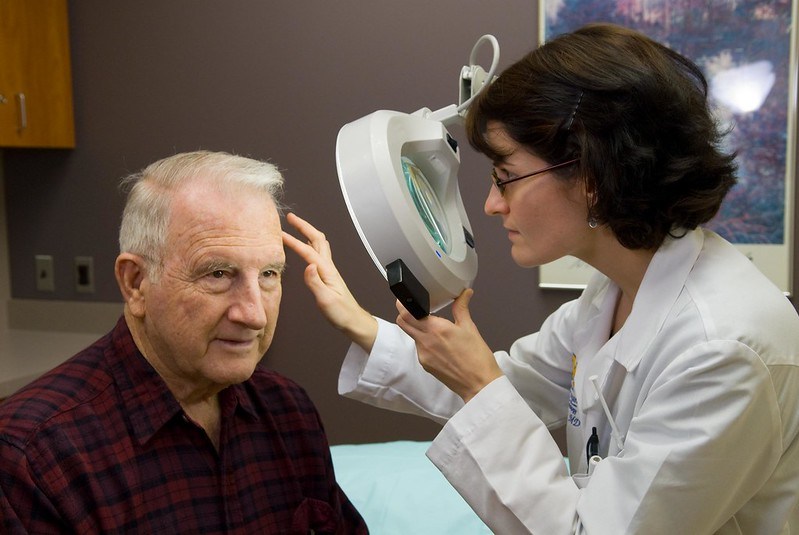A group of researchers from the Free University of Brussels (ULB) and the dermatology department of Erasmus hospital have discovered a new therapy for the skin condition psoriasis.
Their research is published in the journal Science Advances, and is available free in full.
Psoriasis is a chronic skin condition characterised by the rapid growth of skin cells, which build up on the surface of the skin causing inflamed red patches that become scaly, itchy (the name of the disease comes from the Greek for “itching condition) and often painful. The disease affects about 3% of the population, and there is no cure.
There are, however, treatments ranging from ultraviolet light to drugs that suppress the immune system. While most cases can be treated with steroid skin creams, all of the treatments available involve some degree of side effects.
The team found that genetic manipulation of one of the genes crucial to the development of psoriasis, known as VEGF, could substantially slow and even reverse the course of the disease, with fewer side effects than current treatments.
According to Professor Cédric Blanpain of ULB, part of the team, explained that other doctors who had used VEGF manipulation in the treatment of cancer found that it also had the benefit of affecting the patient’s psoriasis.
“However, quite how this treatment worked and why patients saw an improvement in their psoriasis was not known,” he told the RTBF. “We thought in fact that [VEGF] only acted on blood vessels. What our team has demonstrated is that in fact VEGF in some way activates the skin cells themselves. By blocking the molecules that allow VEGF to act on skin cells, we are able to block the development of psoriasis.”
The approach could lead to a new way of treating severe cases of the disease. “This development could represent a therapeutic option more safe that current treatments, which can be associated with serious side effects,” Prof. Blanpain said.
Alan Hope
The Brussels Times

